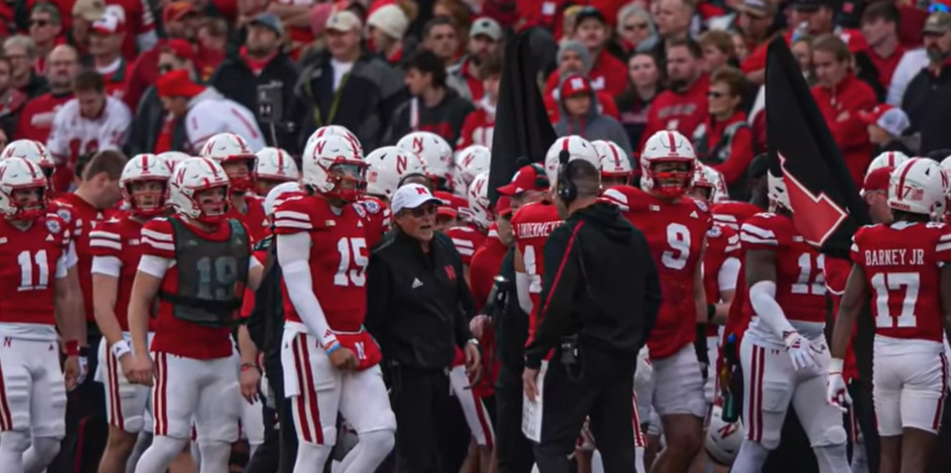By CEPR
Photos: YouTube Screenshots
A new paper from the Center for Economic and Policy Research (CEPR) shows that there is a distinct hiring preference for white coaches at Division I college football programs. White men are overrepresented in the head coaching ranks relative to their presence as student-athletes, and this overrepresentation has persisted for at least the past 10 years.

The paper, by Algernon Austin, the Director of Race and Economic Justice at CEPR, uses a representation ratio to assess college football coaching positions – in this case the proportion of people of a particular race who are head coaches divided by the proportion of student-athletes of the same race. Since the vast majority of coaches are former players, a representation ratio uses the racial composition of former players to evaluate the racial composition of coaches.
Roughly half of those playing football at this elite level are Black, but Black coaches account for only about 20 percent of head coaching positions. White players, meanwhile, make up a smaller share of the student-athlete population, but the vast majority of Division I head football coaches are white. In terms of the representation ratio, Black football head coaches had a representation ratio of 0.35 in 2024 – or about one-third of what one might expect. Meanwhile, the white representation ratio was 1.77, or almost twice what one might expect.
The paper also looks at the ratios in other major sports. Black men are proportionally represented in the head coaching ranks in baseball and outdoor track, and are underrepresented in basketball and soccer. White men are proportionally represented in baseball and outdoor track, and overrepresented in soccer and basketball – the latter being the most extreme overrepresentation of the five sports that were studied. The white male representation ratio in basketball is more than twice what one might expect.
“These findings point to a real crisis of economic opportunity for Black football student-athletes who want to join the head coaching ranks in the sport that they play,” said CEPR’s Director of Race and Economic Justice Algernon Austin. “If Black athletes doubt that they would ever be able to attain such a position, they are less likely to even pursue it. In that sense, underrepresentation helps to maintain underrepresentation.”
The paper argues that an effective affirmative action program based on recruiting, mentoring, and providing equal opportunity to Black former football student-athletes would create more career opportunities for Black athletes seeking to coach at the elite level.

The Center for Economic and Policy Research (CEPR) is an independent, nonpartisan think tank that was established to promote democratic debate on the most important economic and social issues that affect people’s lives.






